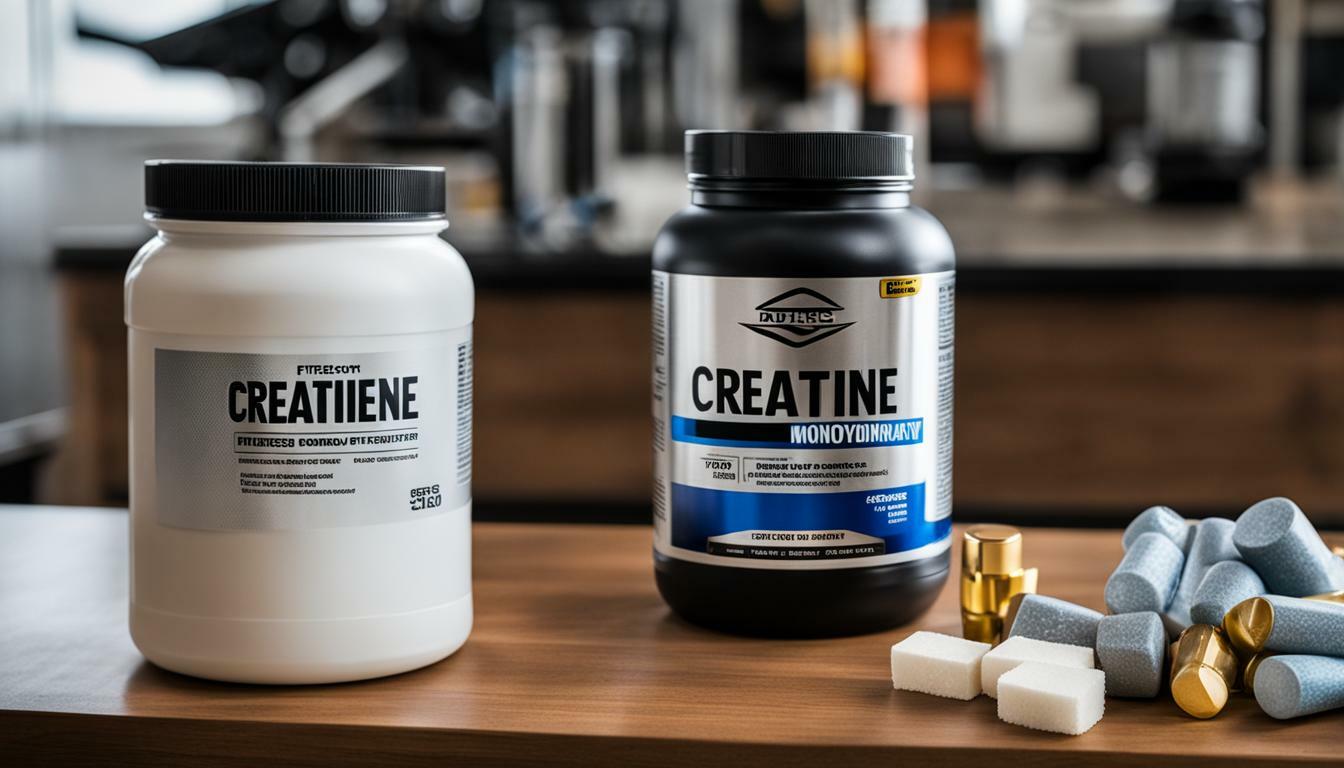Understanding the differences between krill oil and fish oil is essential for informed decisions about dietary supplements. Both oils are recognized for their omega-3 fatty acid content, which plays a critical role in heart health, brain function, and inflammation reduction. Krill oil is derived from tiny crustaceans known as Antarctic krill, while fish oil is sourced from various fatty fish, including salmon, mackerel, and sardines. Consumers often weigh options between these supplements to optimize their omega-3 intake.
The differences between krill oil and fish oil extend beyond their origin. For instance, krill oil contains a powerful antioxidant known as astaxanthin, which is not typically found in fish oil. This addition may offer extra stability and contribute to krill oil’s resistance to oxidation. Moreover, the omega-3s in krill oil are primarily in the form of phospholipids, which are believed to be more easily utilized by the human body compared to the triglyceride form found in fish oil.
Health benefits of both supplements include support for cardiovascular health, with many opting for these as part of their daily regimen. While scientific evaluations on the efficacy and benefits of krill oil versus fish oil are ongoing, it is evident that both contribute valuable nutrients that may be missing from a typical diet. Consumers choose between krill and fish oil based on various factors, including considerations of potential environmental impact, personal taste preferences, and dietary restrictions.
Comparing Sources and Types of Omega-3s
When exploring the health benefits of omega-3 supplements, it’s important to understand the differences in composition and source between krill oil and fish oil. Each offers unique forms of EPA and DHA, the essential fatty acids known for their role in heart health, cognitive function, and inflammation reduction.
Krill Oil Composition
Krill oil is derived from Antarctic krill, small shrimp-like shellfish that feed on algae. It’s known not only for its omega-3 fatty acids but also for containing phospholipids, which can aid in the absorption of EPA and DHA. Additionally, krill oil naturally contains the antioxidant astaxanthin, which may provide added stability and health benefits.
Fish Oil Composition
Fish oil typically comes from oily fish such as salmon, mackerel, herring, sardines, and anchovies. The composition of fish oil is rich in EPA and DHA, often in higher concentrations compared to krill oil. However, these omega-3 fatty acids are present in the form of triglycerides and may require additional processing by the body to utilize effectively.
Diversity of Sources
The diversity of sources for omega-3 supplements extends beyond krill and fish. Algal oil, for example, is a vegetarian source of DHA derived from algae, the very plants that form the base of the food chain for fish. While not as widely known, algal oil offers an alternative to those who do not consume fish or shellfish. Both krill oil supplements and fish oil supplements provide beneficial omega-3 fatty acids, but the choice may depend on individual dietary preferences and health considerations.
Health Benefits and Considerations

When comparing krill oil to fish oil, it’s vital to consider their impact on cardiovascular health, differences in absorption, and potential risks. These oils are sought after primarily for their omega-3 content, which contributes to several health benefits.
Cardiovascular and Heart Health
Omega-3 fatty acids are known to play a significant role in heart health. Both krill oil and fish oil contribute to the maintenance of healthy triglyceride levels and may aid in reducing the risk of heart disease. Krill oil, in particular, has been noted for its potential to help manage cholesterol levels, which is pivotal for reducing cardiovascular risk.
Absorption and Bioavailability
The structure of the omega-3s in krill oil is in the form of phospholipids, which could potentially be more easily absorbed by the body than the triglycerides in fish oil. This improved absorption means that lower doses of krill oil might be required to achieve similar benefits to higher doses of fish oil.
Potential Risks and Side Effects
While both supplements are considered generally safe, they can have side effects such as a fishy aftertaste or diarrhea, particularly if taken in high doses. Individuals with shellfish allergy, fish allergy, or seafood allergy should be cautious when using krill oil due to potential allergic reactions. Additionally, both oils can affect blood clotting if taken in excessive amounts.



